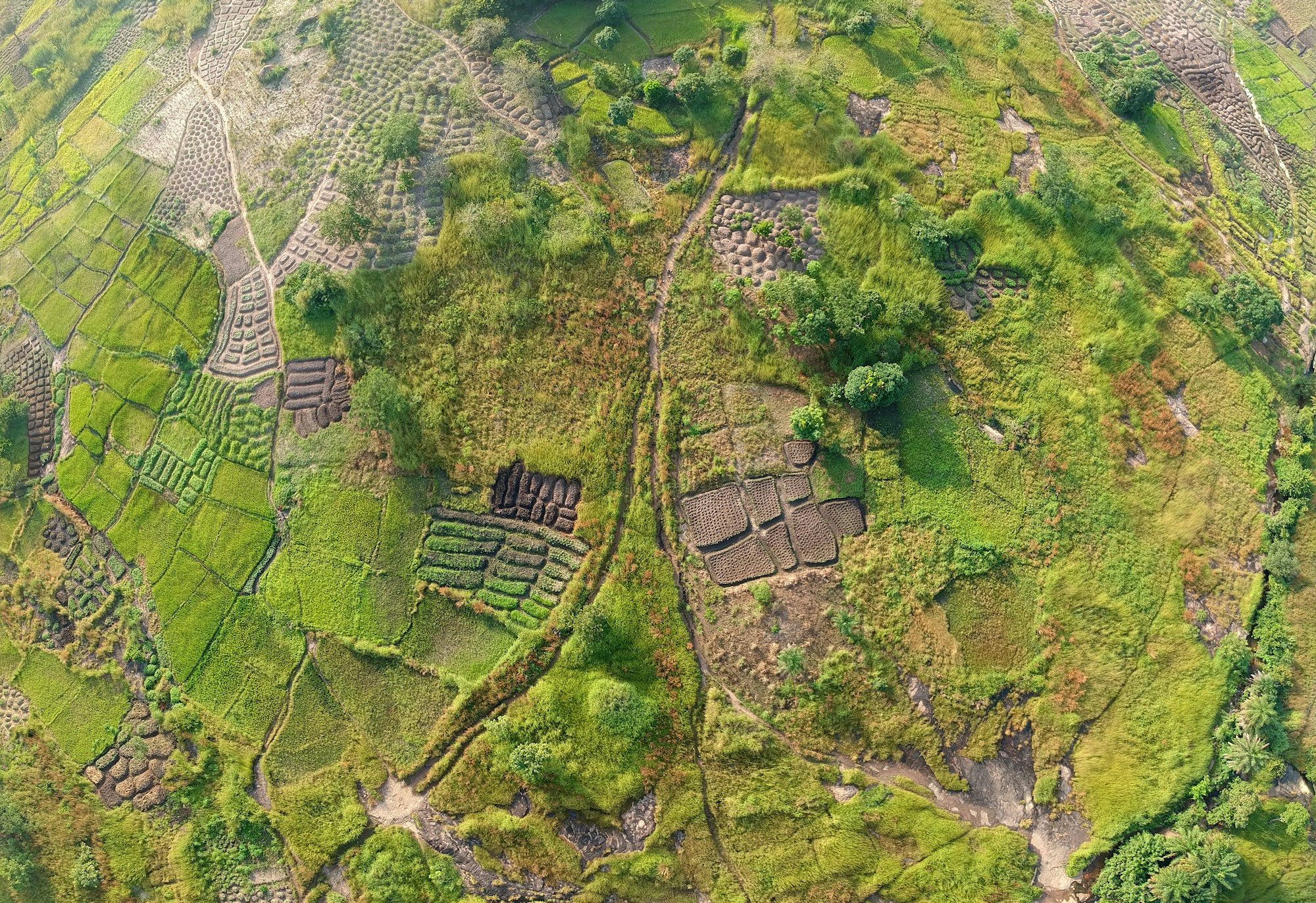Equatorial Guinea: Unveiling Local Culture & Traditions

Exploring Equatorial Guinea
Located in Central Africa, Equatorial Guinea is a small country with a rich cultural heritage and stunning natural beauty. This travel guide will take you on a journey through the various aspects of Equatoguinean life, from its unique traditions to its captivating landscapes.
Cultural Insights
Equatorial Guinea is home to a diverse population with different ethnic groups, such as the Fang, Bubi, and Ndowe. Each group has its own distinct cultural traditions, which are celebrated through vibrant music, dance, and art.
The country's official language is Spanish, a remnant of its colonial past, but other indigenous languages are also spoken. Interacting with the locals will give you a deeper understanding of their history and way of life.
Religion plays a central role in Equatoguinean society, with Catholicism being the dominant faith. The fusion of Catholicism with traditional beliefs brings about colorful festivities and religious ceremonies throughout the year.
Traditional Cuisine
Equatoguinean cuisine is a delightful fusion of African, Spanish, and Latin American influences. Sample dishes such as "salsa de arachide" (peanut soup), "boiled plantains with fish" or "fried ripe plantains" to experience the unique flavors of the country. Seafood is also widely enjoyed due to Equatorial Guinea's coastal location.
A popular beverage in Equatorial Guinea is palm wine, made from the sap of palm trees. It is often enjoyed during social gatherings and celebrations.
Natural Wonders
Equatorial Guinea is blessed with breathtaking natural landscapes. The Bioko Island, located in the Gulf of Guinea, is known for its lush rainforests, exotic wildlife, and beautiful beaches. Explore the Pico Basile National Park, home to the highest peak in the country, offering stunning views of the surrounding area.
The country's mainland, Río Muni, is characterized by dense jungles, rivers, and impressive waterfalls. Discover the enchanting Arena Blanca, a white sandy beach nestled amidst a tropical paradise.
Local Traditions
Equatorial Guinea takes pride in its cultural festivals and events. Participating in these celebrations will provide insights into the country's traditions. Join in the festivities during the Independence Day celebrations on October 12th, or witness the colorful parades and performances during the National Day of Popular Culture in September.
Traditional dances like the "Makossa" and "Bikutsi" are expressive and energetic. These dances often accompany special occasions and gatherings, reflecting the cultural vibrancy of the Equatoguinean people.
Travel Tips
- Visas are required for entry into Equatorial Guinea, so be sure to check the requirements and obtain the necessary documents before your trip.
- Take precautions against mosquito-borne diseases by using insect repellent and wearing protective clothing.
- English is not widely spoken, so learning a few basic phrases in Spanish or a local language can be helpful for communication.
- The local currency is the Equatorial Guinean CFA franc (XAF), and it's advisable to carry cash in smaller denominations.
- Respect local customs and traditions, especially when visiting rural areas or participating in cultural events.
- Ensure you have travel insurance to cover any unforeseen situations during your trip.
Equatorial Guinea is a hidden gem waiting to be explored. Immerse yourself in its cultural tapestry, indulge in its delectable cuisine, and discover the wonders of its natural landscapes. Get ready for an unforgettable journey!
